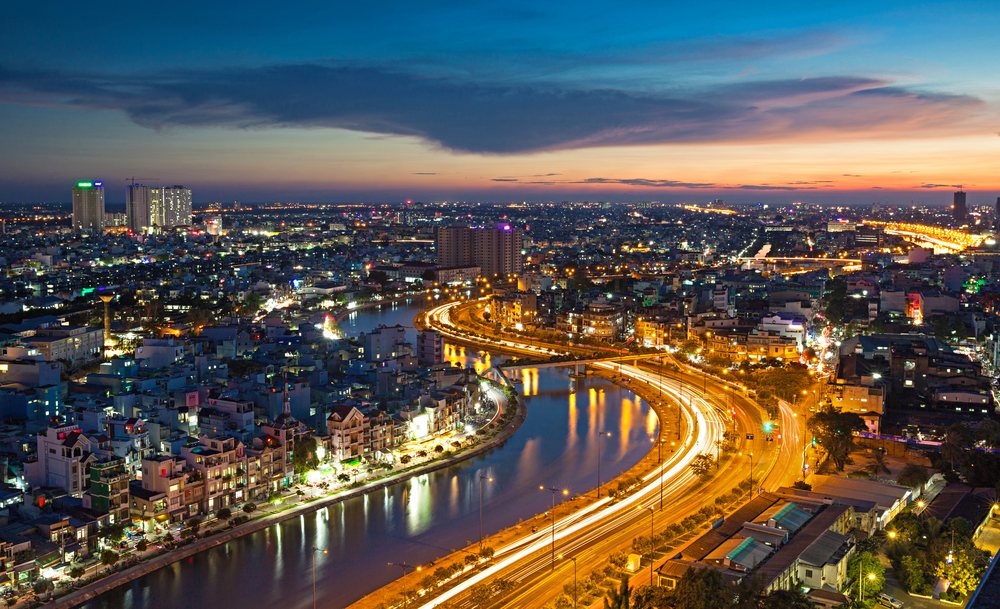Onshore data centres become more prevalent in the Asia Pacific region
Data center colocation in Asia-Pacific will reach USD28 billion by 2024

More often than not, data centres are located in countries far from end users. According to JLL, however, that is about to change as there is a rising demand, as well as stricter privacy regulations, that will urge operators to set up facilities onshore, especially in emerging markets.
In response to privacy concerns, a surge of new laws governing sensitive data have been passed, effectively compelling businesses to have data centres close to where they conduct business.
In August, Vietnam passed legislation requiring service providers to store personal data domestically. Under a similar law in Indonesia, operators of electronic systems managing public data are required to process and store electronic data within the country.
“The rise of regulations in markets, especially those where data related to local citizens must remain onshore for privacy protection, is helping to supercharge demand for data centers,” says Chris Street, Managing Director of Data Centers, Asia Pacific, JLL, during a recent interview with Mingtiandi.
He added, “The content needs a home to sit in, so the data centre becomes that home. Serving consumers locally and being closer to the end user can also address latency and performance issues that may affect streaming of the content.”
More: Data centres in Asia Pacific focus on aligning with ESG strategies
JLL data shows that data centers are moving onshore in emerging markets within Southeast Asia, and the trend is expected to accelerate over the next two to three years.
As hybrid working arrangements become more prevalent, businesses are adopting digital and cloud-based applications at an unprecedented rate, raising the demand for high-quality, scalable data centers, reported the INQUIRER.
Currently, ASEAN is one of the fastest-growing markets for data centers. Data center colocation in Asia-Pacific will reach USD28 billion by 2024, driven primarily by Southeast Asia, according to Eco-Business and Digital Realty.
Local telcos, data center operators, and hyperscalers have been building new data centres in ASEAN to support future growth.
The Property Report editors wrote this article. For more information, email: [email protected].
Recommended
Why everyone is moving to Selangor and Johor: Malaysia’s real estate comeback
Malaysia’s upturn in fortunes is especially prevalent in secondary destinations such as Selangor and Johor
Penang’s silicon boom: How the US-China tech war is supercharging local real estate
Penang’s booming semiconductor industry has created ripples within the local real estate sector
New leader, new opportunities: How Hun Manet is shaking up Cambodia’s real estate game
Hun Manet is overseeing decent economic growth and widening access to the country’s real estate market for foreigners
Singapore embraces inclusive housing reforms amid resilient demand
The Lion City’s regulatory strength continues to exert appeal for international investors








